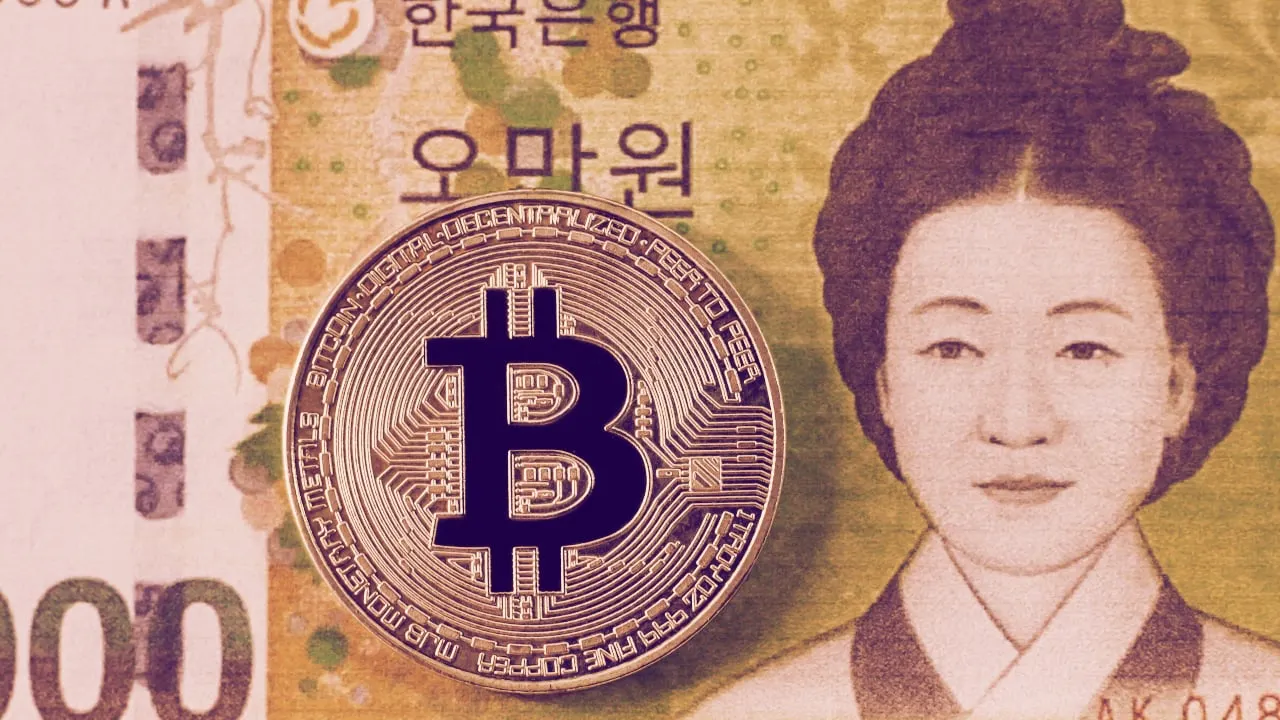In brief
- South Korean lawmakers recently provided details on upcoming legislation regarding income taxes on crypto transactions.
- Tax would apply to profits derived from sources like crypto mining and initial coin offerings.
- South Korea has an inconsistent track record of crypto-related taxation.
South Koreans may soon find their crypto dealings at the mercy of the tax man.
The South Korean Ministry of Strategy and Finance proposed a tax on profits made through crypto-fiat transactions earlier this week, including tokens sold by crypto mining organizations and through initial coin offerings (ICO).
Regulators intend to release the full proposal in July and submit the tax amendment to the South Korean regular assembly in September, as reported by local South Korean news outlet Edaily. In a country that has struggled to find the right approach to taxing digital currencies, the proposed change could bring much needed clarity to the domestic crypto industry.
Under existing laws, South Koreans are not taxed on income generated from digital currency transactions, breaking from the standard set by the US, Japan, Germany, and others, all of whom treat crypto gains as taxable income. Singapore also applies a value added tax (VAT) to crypto transactions, but South Korean regulators said they don’t intend to go that far.
Officials are now seeking to apply the standard of ‘taxation where income is located’ to digital currency transactions that generate a profit. Tax won’t apply if the transaction results in a net loss, but will be applied equally across citizens and foreign residents. Cryptocurrencies are anticipated to be treated as assets rather than currencies, in light of G20 deliberations on the matter. But not everyone is convinced the proposed changes are a good idea, or even possible to implement effectively.
“If you do a P2P transaction without going through an exchange, there is a possibility of avoiding taxation,” Seung-Young Jeong, a researcher at the Korea Local Tax Institute, told Edaily. “Even with IP tracking, if there are a large number of targets, administrative costs will increase and it will be difficult to track each day.”
South Korean action on crypto taxes have been in flux over the past few years, stymied by coronavirus concerns and a retroactive tax bill for the Bithumb exchange that resulted in an ongoing lawsuit. Crypto in South Korea is also under pressure from a proposed change that would stop residents from using DeFi products, designating cryptocurrencies as ‘high-risk assets.’

